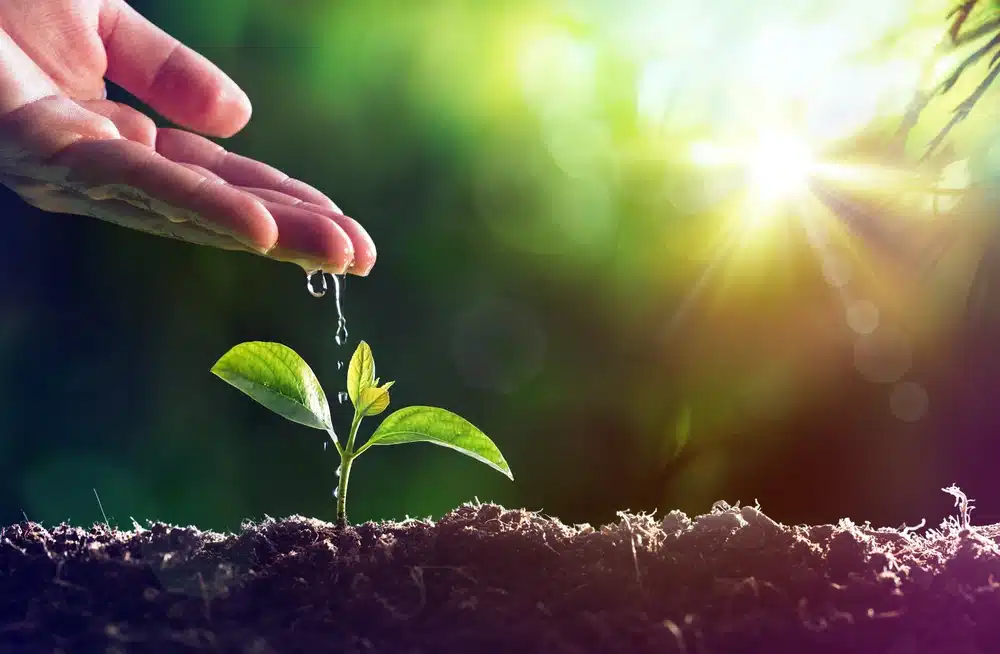Water is one of the most valuable resources on Earth, yet it’s often taken for granted. In a world where water scarcity is a growing concern, wasting water not only impacts the environment but also our wallets and future generations. By treating water as the precious asset it is, we can all make a difference. Here’s why water is wealth and how you can conserve it effectively.
Why Water is Wealth
1. Essential for Life
Water is vital for all living beings. From quenching our thirst to growing food and maintaining ecosystems, water is the foundation of life. Without it, survival is simply impossible.
2. Economic Impact
Water powers industries, supports agriculture, and sustains communities. A lack of water can lead to increased costs, affecting everything from food production to energy generation. Conserving water helps stabilize these systems and saves money on utility bills.
3. Environmental Value
Wasting water depletes natural sources like rivers, lakes, and aquifers, harming ecosystems and wildlife. Treating water as wealth ensures these habitats thrive for generations to come.
The Cost of Water Wastage
Wasting water doesn’t just impact the environment, it hits your wallet too. Every drop wasted means higher water bills and energy costs for pumping, heating, and treating water. Additionally, water scarcity in some regions drives up the price of essential goods, creating economic strain for individuals and communities.
Tips to Conserve Water
1. Fix Leaks Immediately
A dripping faucet might seem harmless, but even a small leak can waste hundreds of liters of water each year. Regularly inspect your plumbing for leaks and repair them promptly.
2. Upgrade to Water-Efficient Fixtures
Low-flow showerheads, faucets, and dual-flush toilets can significantly reduce water usage without sacrificing performance. These upgrades are cost-effective, eco-friendly and the best part you won’t even notice them.
3. Be Smart About Lawn Care
Overwatering lawns is a common mistake. Use a sprinkler timer, water early in the morning, and plant drought-resistant grass or native plants that require less water.
4. Reuse Greywater
Install a greywater recycling system to reuse water from sinks, showers, and washing machines for non-potable purposes like irrigation or toilet flushing.
5. Turn Off the Tap
Simple habits like turning off the tap while brushing your teeth or washing dishes can save liters of water daily.
6. Collect Rainwater
Set up a rainwater harvesting system to collect and store rainwater for outdoor use. This reduces reliance on municipal water supplies. Using a strain to keep leaves out means you can have very clean water to use.
7. Monitor Your Water Usage
Keep an eye on your water meter to track consumption and identify potential leaks or excessive use. Many smart devices can provide real-time data to help you stay on top of water usage.
The Role of Communities and Governments
Water conservation is not just an individual responsibility; communities and governments play a critical role too. Initiatives like public awareness campaigns, rebates for water-efficient appliances, and investments in sustainable water infrastructure can help drive large-scale conservation efforts.
Conclusion
Water truly is wealth, and preserving it is essential for our health, economy, and environment. By adopting small changes in our daily routines, we can collectively make a big impact. Every drop saved is a step toward a sustainable future.
If you’re looking to conserve water and improve your home’s plumbing efficiency, contact 247-Emergency Plumber for expert advice and services. From fixing leaks to installing water-saving fixtures, we’re here to help you make every drop count.
Learn More About Our Plumbing Services
Contact Us for Water-Saving Solutions
Let’s treat water as the wealth it truly is and work together to protect it for future generations.
